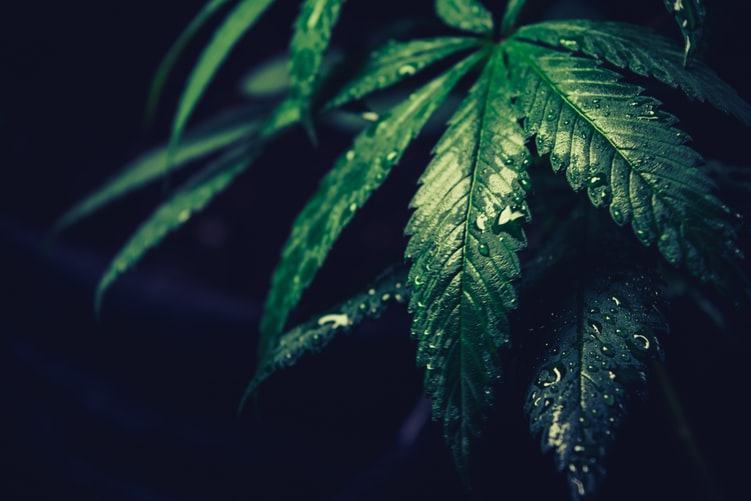
The state hasn’t even begun accepting recreational marijuana business licenses, but nearly half of Michigan’s communities have already opted out of having them in their boundaries.
Those 839 cities, townships and villages that have told the state they are opting out include 13 of the state’s 25 most-populous cities, according to recent U.S. Census estimates.
Proposal 1, the recreational marijuana proposal voters approved in 2018, allows locals to “opt-out” of the facilities part of the law, now known as the Michigan Regulation and Taxation of Marihuana Act (MRTMA).
The state has 1,240 townships, 276 cities and 257 villages, and 839 of them have informed the state’s Marijuana Regulatory Agency (MRA) as of Sept. 13 they’re not allowing recreational facilities in their boundaries, the only part of the law they can opt out of, MRA spokesperson David Harns said.
Harns said locals aren’t required to tell the state if they’ve opted out, so the list of communities could be longer.
Of the top 25 most-populated cities or townships in the state — which contains about 29% of the state’s 9.9 million residents – 13 of those places have opted out of recreational pot facilities.
Those 13 communities account for about 11% of the state’s population, according to the most recent 2018 Census estimates.
The largest among those 13 is Sterling Heights, which is No. 4 on the list of Michigan cities by population.
Other large communities that have opted out, in order of their population, are Clinton Township, Dearborn, Livonia, Canton Township, Macomb Township, Farmington Hills, Shelby Township, Wyoming, Rochester Hills, Waterford Township, West Bloomfield Township and Novi.
The state has said it will begin accepting applications for recreational marijuana business licenses on Nov. 1.
On the medical marijuana side, state law allows locals to opt-in to having facilities. According to the MRA, 125 communities have agreed to allow medical marijuana facilities within their jurisdictions as of Sept. 13.